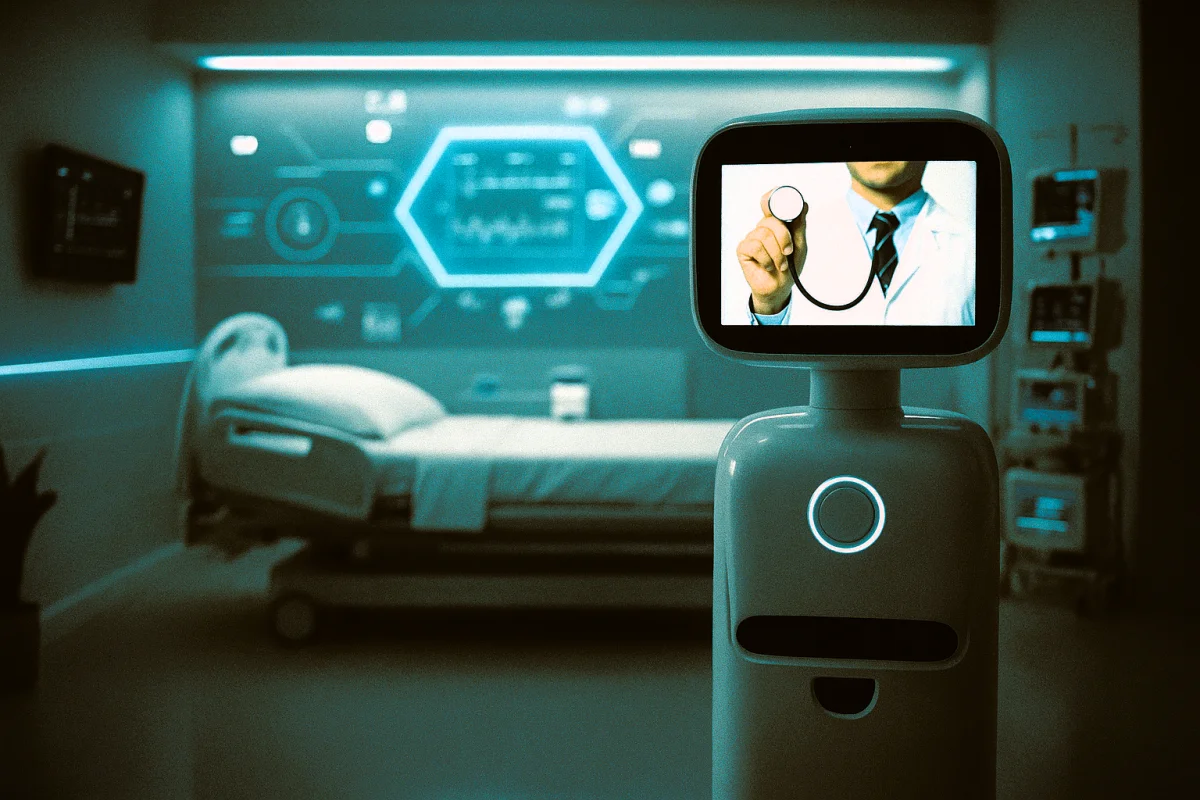Health, Medicine, and AI Diagnostics
In 2025, healthcare and medicine have entered a completely new stage. The integration of artificial intelligence (AI) into diagnostics creates unprecedented opportunities: doctors receive faster and more accurate results, while patients benefit from more personalized treatment. This is not just a technological innovation—it is a transformative shift that touches every individual’s life.

AI Diagnostics: Fast and Accurate Results
One of the most important breakthroughs is AI diagnostics. Modern algorithms can analyze CT scans, X-rays, and blood tests in seconds. This dramatically reduces the chances of error and accelerates treatment decisions. For instance, in oncology, AI systems can detect tumors at stages invisible to the human eye.
Telemedicine and Accessibility
AI not only enhances diagnostic precision but also boosts the growth of telemedicine. Patients can receive online consultations, while algorithms analyze symptoms and provide preliminary recommendations. This is especially critical in regions with limited access to healthcare providers. As a result, health services are becoming more universal and inclusive.
Drug Development
AI algorithms are revolutionizing pharmaceutical research. Previously, developing new drugs required decades and billions of dollars. Today, AI can process hundreds of millions of chemical compounds in just days. This means that in the event of new pandemics, such as COVID-19, medicine will be far better prepared.
Personalized Medicine
The synergy of genome sequencing and AI diagnostics enables truly personalized treatments. Cancer therapy, for example, is no longer one-size-fits-all. Each patient may follow a different treatment path tailored to their genetic profile, improving efficiency and reducing side effects.
Ethical and Practical Challenges
Yet, this progress comes with significant challenges. Cybersecurity and data privacy remain major concerns. When medical history and genetic codes are stored in digital systems, the risk of data falling into the wrong hands increases. Furthermore, while AI is powerful, the final decision must always rest with a human doctor to avoid misinterpretations.
Cultural and Social Impact
AI diagnostics and medicine influence not only individual health but also society as a whole. These technologies lower healthcare costs, extend life expectancy, and offer hope to countries with limited medical resources. This is not just a healthcare revolution—it is a social transformation.
Conclusion
Health, medicine, and AI diagnostics in 2025 are setting a new global standard. The future is one where every person can access accurate, fast, and individualized care. 👉 Do you think AI will one day replace the traditional role of doctors?
✍ Article Author
- Registered: 26 July 2025, 15:34




 Silent Cat 🐾
Silent Cat 🐾